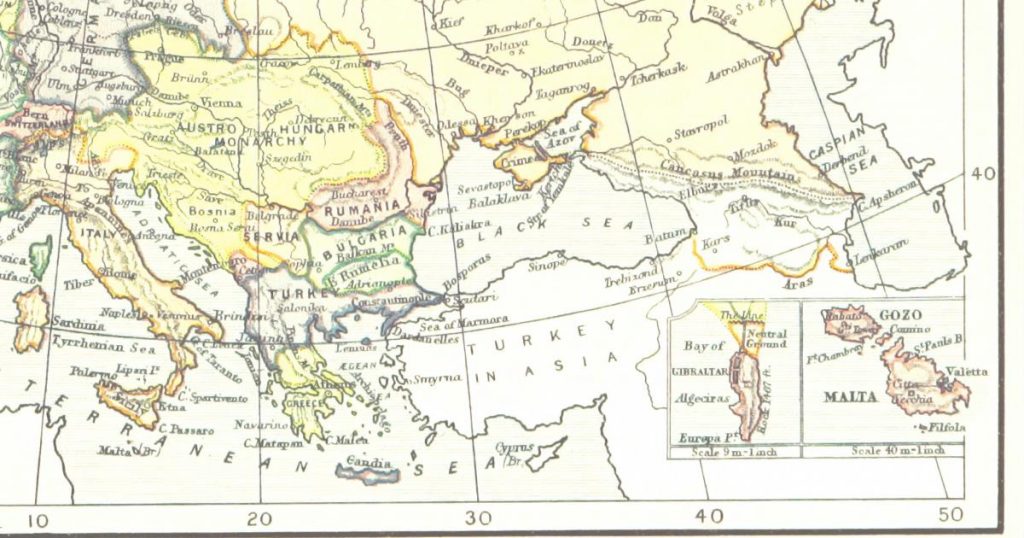
21.09.2020.
Memory and South East Europe: Global currents of activism and contestation
Ana Milošević, BISA – British International Studies Association, Bleiburg Massacre, Debate, Jasmin Mujanović, Jelena Đureinović, Marko Perković Thompson, memorialization, Memory Activism, Memory Contestation, Memory Politics, South East EuropeThe British International Studies Association hosts an online debate about memorialization in South East Europe in a global context.
Speakers:
Ana Milošević, KU Leuven
Jelena Đureinović, Humanitarian Law Center (Belgrade)/University of Vienna
Jasmin Mujanović, Friedrich Ebert Stiftung, co-host of Sarajevo Calling podcast
The debate is hosted by BISA on Thursday, September 24, 2020 starting at 14:00 GMT (16:00 CET). T join the discussion, the registration is required.
Memory has always been a contentious topic in South East Europe, and recent events fit in a much longer process of memory contestation. In May, there was outrage and protest in response to a Mass held in Sarajevo for the Bleiberg commemoration, while in June human rights organisations expressed concern about a Croatian Court ruling, which stated that singer Mark Perković Thompson did not violate public order by chanting a controversial nationalist World War II slogan at a concert. Furthermore, memory and its contestation have global currents. While regional commentators have remarked on the continuities in discourse between regional nationalisms and the European Far-Right, there are also countless examples of transnational solidarity with counter-hegemonic movements. This roundtable will discuss contemporary memory politics, its contestation, and memory activism within the region, as well as examine its global interconnections.
Questions:
– In what ways have silence, denial and its contestation been manifest?
– How and why have particular actors shaped and influenced memory politics?
– In what ways are memories contested? And by whom?
– What global and/or transnational connections can we draw between memory politics and activism in the region?














